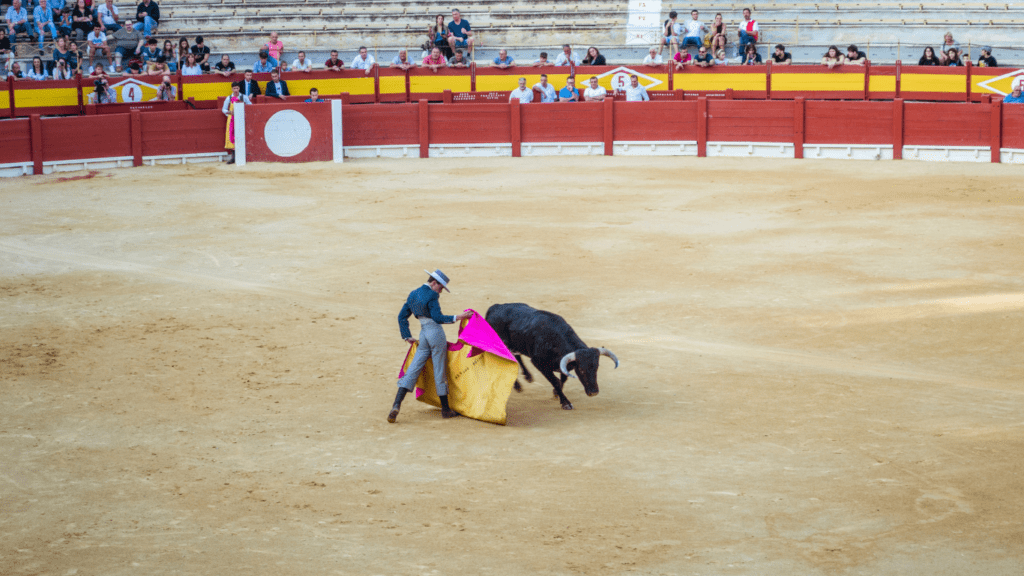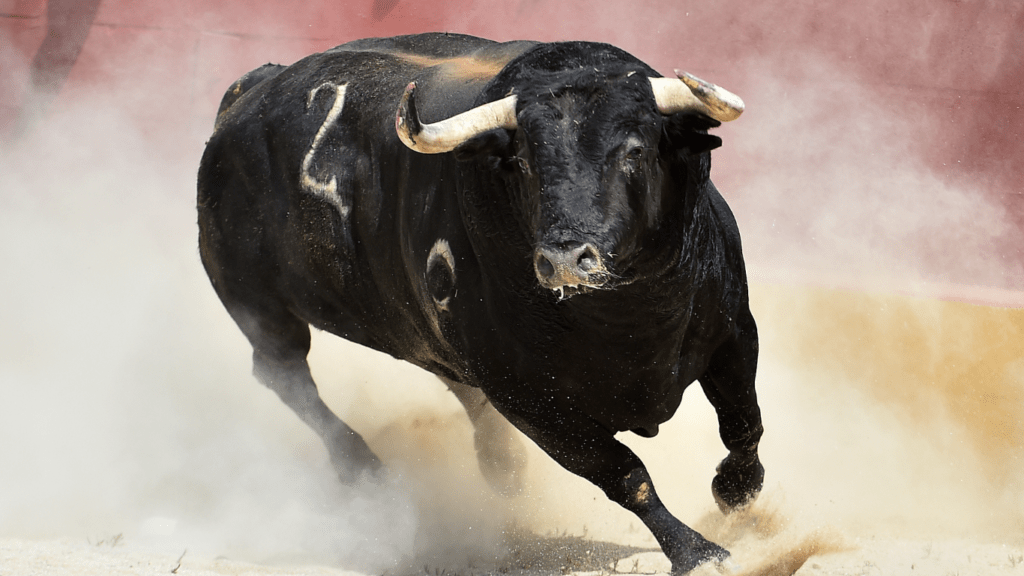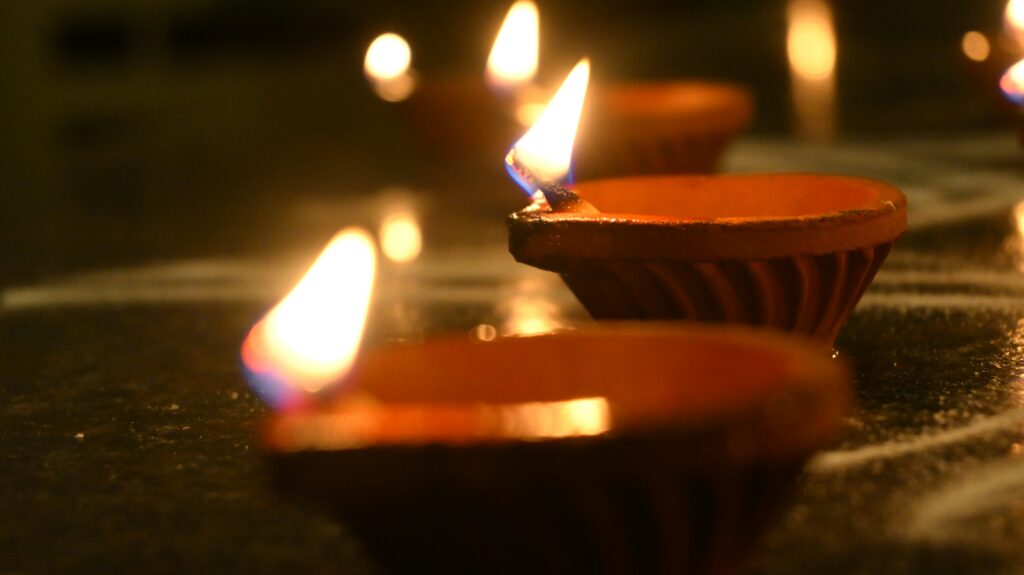Embarking on a journey to witness the exhilarating tradition of the Running of the Bulls in Spain is a thrilling experience that blends adrenaline with cultural vibrancy. As I delve into this complete guide, I’ll unravel the essence of this iconic event that captivates both locals and visitors alike. Spanning over centuries, this heart-pounding spectacle in Pamplona is a testament to Spain’s rich heritage and the courage of those who partake in this daring tradition.
I’ll navigate you through the history, logistics, and essential tips for navigating the bustling streets during this electrifying event. From the origins of the festival to the best vantage points to witness the spectacle, this guide is your key to immersing yourself in the pulsating energy of the Running of the Bulls. Join me as we uncover the magic and allure of this time-honored Spanish tradition.
History of The Running of the Bulls
Exploring the history of The Running of the Bulls uncovers a tapestry of tradition woven with bravery and cultural significance, making it a captivating spectacle. Let’s delve into the evolution of this iconic event through the centuries.
Origins and Cultural Significance
The origins of The Running of the Bulls date back centuries, rooted in the Spanish city of Pamplona’s rich history. This exhilarating tradition traces its cultural significance to the festival of San Fermín, honoring the patron saint of Navarre. Spanning over a week in July, this event symbolizes honor, bravery, and celebration, drawing locals and global spectators alike to partake in the adrenaline-fueled festivities.
Evolution Through the Centuries
Over the centuries, The Running of the Bulls has evolved from a religious event to a renowned international spectacle. Initially a ritual transporting bulls from their pens to the bullring, this tradition has metamorphosed into a symbolic display of courage and tradition. The fusion of ancient customs with modern-day festivities has transformed this event into a global phenomenon, attracting thrill-seekers and culture enthusiasts from all corners of the world.
Key Events During The Running of the Bulls
- The Opening Ceremony
I witness the electrifying start of the festivities at The Running of the Bulls during the opening ceremony. The event kicks off with the official launch marked by the firing of a rocket, known as the “Chupinazo,” from the balcony of the town hall. This intense moment signals the beginning of the San Fermín festival, captivating participants and spectators alike with its thrilling energy. - The Main Event: The Bull Run
I partake in the heart-pounding experience of The Bull Run, the central event of The Running of the Bulls. Taking place daily at 8:00 am, brave runners line the narrow streets of Pamplona as they await the release of the bulls. The adrenaline rush is palpable as the stampeding bulls charge through the cobblestone paths, with participants sprinting ahead to reach the bullring. It’s a test of courage and agility, encapsulating the spirit of this centuries-old tradition.
Participant Guide
How to Prepare for the Run
Before participating in The Running of the Bulls, I recommend familiarizing yourself with the route and studying the map to identify key points. It’s crucial to wear appropriate attire such as running shoes and white clothing with a red sash for both tradition and visibility. Additionally, ensure you’re in good physical condition and mentally prepared for the adrenaline-packed experience.
Safety Tips and Regulations
When joining The Running of the Bulls, prioritize safety by heeding the regulations set in place. Always follow the instructions of the experienced runners and event officials. Remember to stay vigilant and aware of your surroundings during the Bull Run. It’s essential to respect the animals and fellow participants while maintaining a safe distance to avoid unnecessary risks.
Best Places to View The Running of the Bulls

When it comes to experiencing the thrill of The Running of the Bulls in Spain, choosing the right vantage point can make all the difference. Here are some of the best places to view this exhilarating event:
Spectator Spots Along the Route
For a front-row seat to the action, consider positioning yourself at strategic spectator spots along the route of the Bull Run. Popular locations such as Estafeta Street and Mercaderes Street offer prime viewing spots where you can witness the adrenaline-fueled spectacle up close. Make sure to arrive early to secure a good viewing position and immerse yourself in the intensity of the event.
Balcony and Rooftop Views
For a bird’s-eye view of the Running of the Bulls, balcony and rooftop vantage points provide a unique perspective on the event. Many establishments along the Bull Run route offer balcony rentals, allowing you to watch the thrilling run from a safe and elevated position. Alternatively, rooftop bars and restaurants in Pamplona provide a panoramic view of the entire spectacle, giving you a sweeping vista of the running bulls and daring participants below. Booking in advance is recommended to secure the best vantage point for this unforgettable experience.
Local Festivities and Activities
Exploring the vibrant local culture during the Running of the Bulls adds a festive touch to the entire experience. Engaging in traditional dances and music is a must to fully immerse oneself in the celebratory atmosphere.
Traditional Dances and Music
Experiencing traditional Basque dances like the “Jota” and “Aurresku” is a delightful way to embrace the rich cultural heritage of the region. Accompanied by lively music played by local bands, these dances are a true reflection of the joyous spirit of the festival.
Culinary Experiences in Pamplona
Indulging in the culinary delights of Pamplona is an essential part of the Running of the Bulls adventure. From savoring savory pintxos (small snacks) to enjoying the famous Spanish paella, the gastronomic journey in Pamplona is sure to tantalize your taste buds. Venture into local taverns to taste authentic Basque cuisine and sip on refreshing sangria to complete your gastronomic escapade.


